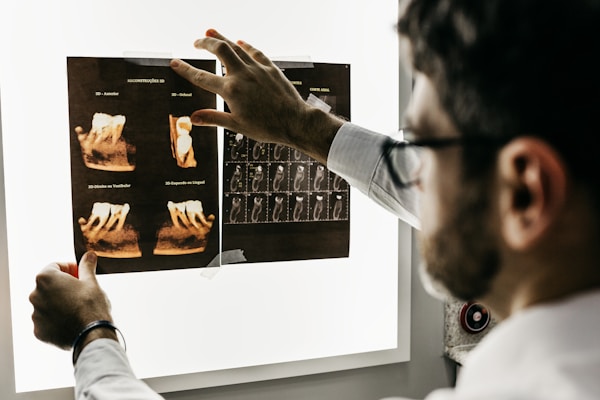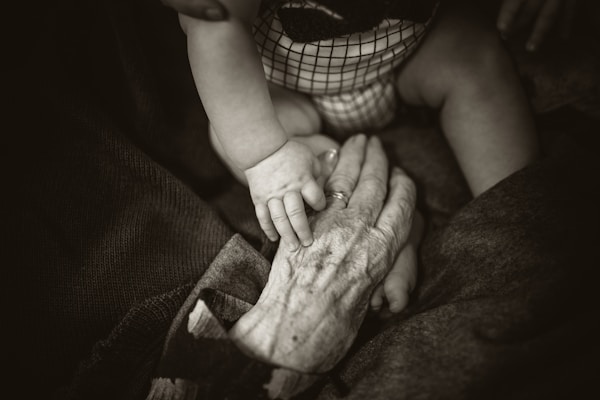Surnames have been around for centuries and have a long and complicated history. In this article, we’ll explore the origins of surnames and how they came to be. Keep reading to learn more!
The Origins of Surnames
The origins of surnames are difficult to trace back because they were not standardized until the early modern period. In most cases, a surname was simply a nickname that was based on the person’s physical appearance or personal characteristics. For example, someone who was bald might be called “Baldy” or “Baldie.” Other common nicknames included “Shorty,” “Bean,” “Smokey,” and “Red.”
Some surnames were derived from the name of the village or town where the person lived. For example, someone from London might be called “London.” Others were derived from occupational titles. For example, someone who worked in a bakery might be called “Baker.” Still, others were derived from the name of the animal that represented the person’s family crest. For example, someone whose family crest featured a lion might be called “Lionel” or “Leo.”
Over time, many people began using their surnames as their first names. This trend began in England in the 12th century and soon spread to other parts of Europe. By the 1500s, most people were using their surnames as their first names.
Deriving Family Names From Occupations or Titles

There are many ways to derive a family name from an occupation or a title. One way is to take the first letter of the occupation and put it at the beginning of the last name. An example of this would be “Dentist” becoming “Dent.” Another way is to take the first letter of the title and put it at the beginning of the last name. There are many other ways to derivate a family name from an occupation or a title, but these are two common methods.
How Surnames Are Passed Down Through Generations

Surnames are typically passed down through generations from father to son. However, there are a few different ways surnames can be inherited. The most common way is the patrilineal system, which is when the father’s surname is passed down to his children. Another way surnames can be passed down is through the matrilineal system, which is when the mother’s surname is passed down to her children. A less common way surnames can be inherited is through the agnatic system, which is when the eldest son inherits his father’s surname, while other sons take their mother’s surname. Lastly, there is the cognatic system, which is when either the father’s or mother’s surname can be passed down to children.
The history of surnames and how they came to be dates back centuries ago. Surnames originated from a variety of different things such as nicknames, occupation titles, geographical locations, and patronymics (the name of one’s father). Over time, as populations grew and society became more complex, it became necessary for people to have a unique identifier aside from their first name in order to differentiate between individuals. This led to the development of surnames.
Surnames were not always hereditary; in fact, they often changed depending on who was married to whom or who had died without an heir. It wasn’t until around the 12th century that surnames began being passed down from generation to generation. This change was largely due to two factors: 1) increased population growth and 2) stricter laws regulating marriage and inheritance. As populations grew larger and society became more complex, it became increasingly difficult for people to keep track of everyone without a unique identifier like a surname. Additionally, with so many people marrying within their own social class or village groupings, it became important for spouses to share similar last names in order not to confuse others about their family lineage. Laws regulating marriage and inheritance also helped solidify hereditary surnames by dictating that only certain individuals could inherit them upon someone’s death.
The History of Scottish Surnames
The surnames of Scotland came about through a variety of means. Many were taken from the places where people lived, such as Douglas (from the county of Angus), Campbell (from the Scottish Gaelic for “crooked mouth”), or Morton (from the village of Moreton). Others were derived from occupations, such as Wright (a wright was a craftsman who made things out of wood) or Cooper (a cooper was someone who made barrels). Still, others were taken from personal characteristics, such as Little or Long. And some were simply combinations of these different sources, such as Robertson (a son of Robert), MacLeod (son of Leod), or Macdonald (son of Donald).
Over time, these surnames have changed and evolved along with the people who bear them. Some have been Anglicized over time – for example, Macdonald has often been rendered McDonald in English-speaking countries, while others have retained their original form. But they all share a common heritage and tell us something about the origins and history of the families that carry them.
The surname McRoberts, like in the name James McRoberts, is believed to have originated in Scotland. The first recorded use of the name was in 1296 when it appeared in the records of the county of Lanark. There are several possible explanations for the origin of the name Mcroberts. One possibility is that it derived from an Old English word meaning “son of Robert.” Another possibility is that it was derived from a Gaelic word meaning “chieftain.”
Overall, this information can be helpful in genealogical research, and can also give insight into the history and culture of a particular area or time period.











